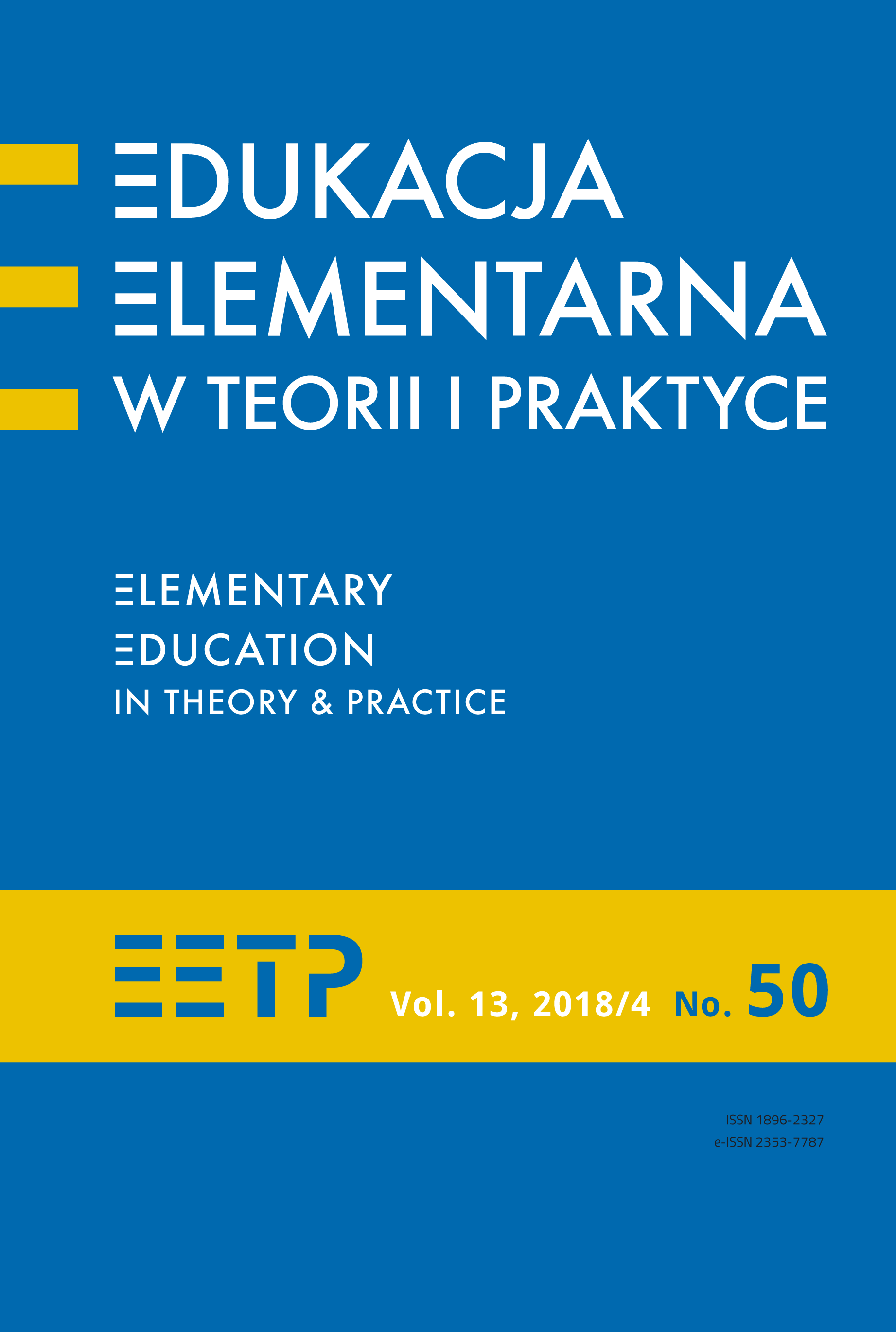Podejście mozaikowe w badaniu normatywnych kontekstów dzieciństwa
A Mosaic Approach in the Study of the Normative Contexts of Childhood
Author(s): Magdalena Świgost, Małgorzata TurczykSubject(s): Social Sciences, Education, Preschool education, School education
Published by: Uniwersytet Ignatianum w Krakowie
Keywords: law; the Mosaic Approach; childhood; methodology;child;
Summary/Abstract: Among the many research perspectives in the exploration of childhood space, the attention of the researcher should be drawn to a cognitively interesting approach to the question of studying this fragment of social reality, which is called „the childhood of the childhood”, namely the one which was presented by Alison Clark and defined as the Mosaic Approach. This original research strategy is based on the appreciation of the competences of children who experience their childhood as the main subjects through which an “adult” researcher acquires a reliable source of information. Children are experts in their own lives. It is thanks to them that we obtain knowledge about what meanings, values and experiences of everyday life build the space of their childhood. In this research strategy, active listening and the process of understanding children through the analysis of many available children’s products become particularly important. The following article presents the theoretical approach proposed by A. Clark used in the search for meanings that preschool children give to a positive law co-creating the space of their childhood.
Journal: Edukacja Elementarna w Teorii i Praktyce
- Issue Year: 13/2018
- Issue No: 4 (50)
- Page Range: 41-50
- Page Count: 10
- Language: Polish

